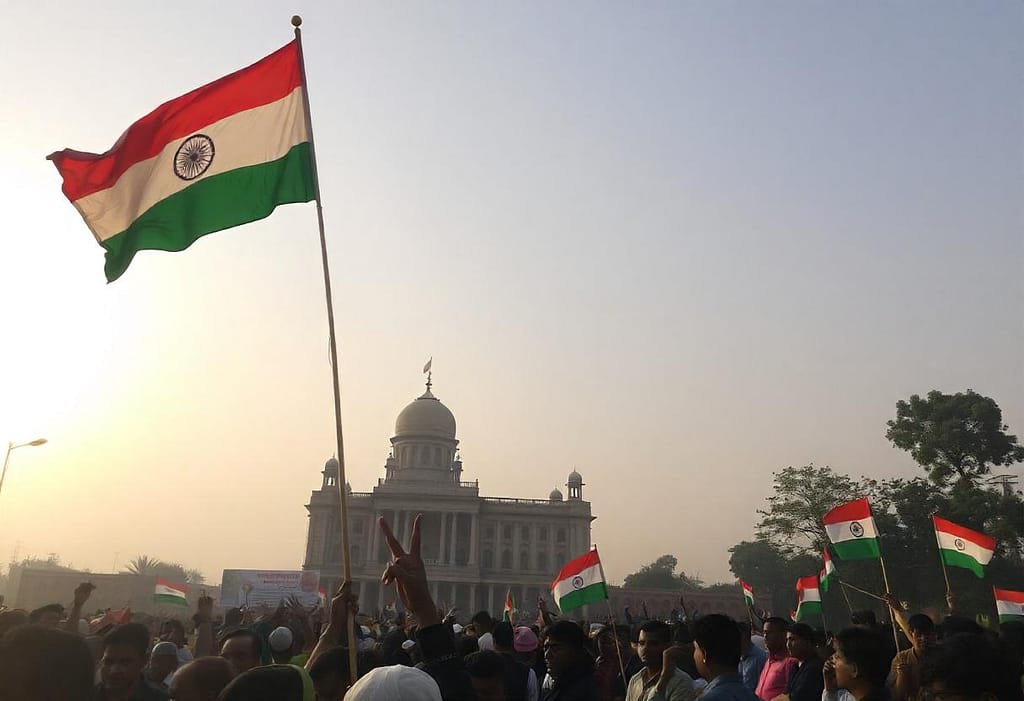
Renowned Bangladeshi author and activist Taslima Nasrin has recently stirred debate by claiming that Bangladesh is growing increasingly anti-India and anti-democracy. Nasrin, known for her bold and often controversial views, suggests that the nation is drifting away from its foundational principles of secularism and democratic governance. Her assertions warrant a closer examination of the current political climate in Bangladesh and its implications for regional stability.
The Historical Context
To understand the gravity of Nasrin’s claims, it’s essential to revisit the historical ties between Bangladesh and India. India played a pivotal role in Bangladesh’s independence from Pakistan in 1971, providing military support and refuge to millions of Bangladeshis. The relationship between the two nations has generally been one of cooperation, marked by shared cultural ties and economic collaboration. However, this relationship has not been without its strains.
Emerging Anti-India Sentiments
Nasrin’s assertion that Bangladesh is becoming anti-India taps into a growing sentiment in certain segments of the Bangladeshi population. This sentiment is often fueled by issues such as border conflicts, trade imbalances, and water-sharing disputes, particularly over the Teesta River. Additionally, the perception that India plays an overbearing role in Bangladesh’s internal politics has sparked nationalist fervor, which some political groups have capitalized on to gain support.
In recent years, the rise of Islamist political factions in Bangladesh has also contributed to this anti-India narrative. These groups often position India as a Hindu-majority adversary, contrasting it with Bangladesh’s Islamic identity. The government’s sometimes ambiguous stance on these issues has allowed such sentiments to fester, further complicating bilateral relations.
The Democracy Dilemma
Nasrin’s concern about Bangladesh becoming anti-democracy is closely tied to the nation’s political trajectory. Bangladesh, which was founded on democratic principles, has seen increasing authoritarianism in recent years. The ruling Awami League, led by Prime Minister Sheikh Hasina, has faced criticism for alleged electoral fraud, suppression of dissent, and curtailing press freedom. These actions have led to accusations that the government is eroding the democratic foundations of the nation.
The opposition, too, has been accused of undermining democratic norms, often resorting to violent protests and boycotts. This political polarization has created an environment where democratic institutions are weakened, and public trust in the democratic process is eroded.
The Regional Implications
If Bangladesh indeed becomes more anti-India and anti-democracy, as Nasrin suggests, the repercussions could extend beyond its borders. A strained relationship with India could destabilize the region, especially given the ongoing tensions with Pakistan and the complex dynamics in the broader South Asian region. Moreover, a move away from democracy could set a concerning precedent in a region where democratic governance is already fragile.
Conclusion
Taslima Nasrin’s observations on the shifting political landscape in Bangladesh highlight critical concerns that warrant serious attention. While her views may be seen as controversial, they reflect underlying tensions that could shape the future of the nation. As Bangladesh navigates its path forward, the balance between maintaining its historical alliances and upholding democratic principles will be crucial for its stability and growth. The international community, particularly India, will need to monitor these developments closely, as the implications could be far-reaching.